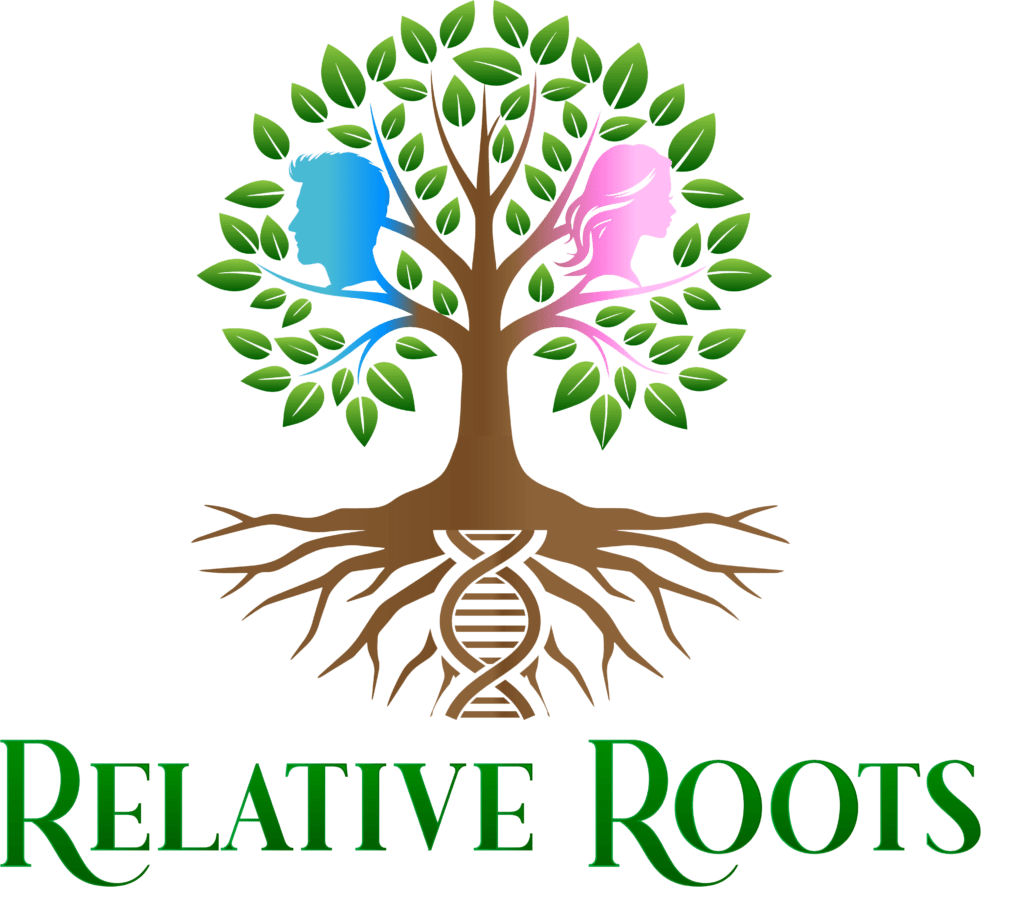Land acknowledgments are a meaningful practice in many fields, especially genealogy. Acknowledging the Indigenous lands where we conduct research or where our ancestors lived connects us to the original stewards of those lands, offering a chance for respect, reflection, and understanding of historical context. Here’s why land acknowledgments matter in genealogy:
- Honoring Indigenous Histories and Communities
Land acknowledgments recognize the longstanding relationships that Indigenous communities have with their traditional territories. By acknowledging these lands, genealogists honor the histories, cultures, and enduring presence of Indigenous peoples. This awareness encourages a more complete view of history, recognizing that our ancestors’ movements or settlement patterns likely intersected with Indigenous lives and lands. - Understanding the Context of Ancestral Movements
Acknowledging land can help genealogists gain insight into the social and historical context of an area. For instance, understanding treaties, displacements, or conflicts may provide background on why families moved or settled in certain regions. This context enriches family narratives, showing how historical events and policies shaped ancestors’ lives and decisions. - Promoting Ethical Research Practices
Genealogical research often involves sensitive information, especially when tracing Indigenous ancestry or researching areas impacted by colonialism. By including land acknowledgments, researchers signal their respect for the descendants of Indigenous communities, committing to ethical practices that consider the implications of their findings on Indigenous histories and identities. - Building a Broader Sense of Belonging and Responsibility
For genealogists, land acknowledgments are more than words—they represent a responsibility to preserve and share accurate histories. Recognizing Indigenous lands also reminds us of the ongoing legacies of colonialism and the importance of respectful research. It is an invitation to genealogists to learn from Indigenous perspectives, fostering a sense of shared stewardship over histories and lands. - Inspiring Meaningful Connections and Conversations
Including land acknowledgments can encourage meaningful connections between genealogists and local Indigenous communities. Such acknowledgments open doors to collaboration, where Indigenous knowledge holders might offer unique insights into the land and its history. These conversations can enhance genealogical research, providing layers of understanding that might not be available from documents alone.
In genealogy, land acknowledgments serve as a reminder of the histories that ground our research. They ensure that our work respects the lands of the past and the peoples who continue to call those lands home. As we trace family histories, land acknowledgments foster a connection to a shared human heritage, encouraging a respectful, inclusive approach to uncovering stories across generations.
